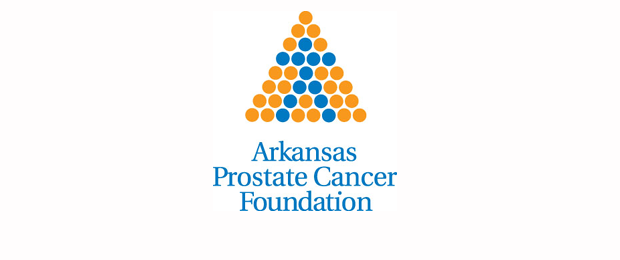Northeast Arkansas Peer Network Meeting
Thursday, August 4th,2011
6:00 p.m. to 7:30 p.m.
UAMS Center on Aging Northeast
303 E Matthews
Jonesboro, AR
Contact us at (501)748-1293
The APCF Peer Network provides a safe and confidential environment for you to talk freely about your experiences as you progress through stages of diagnosis, treatment and recovery. You can communicate your concerns, questions, knowledge, and experience and gain valuable insight from other survivors*. You may even find yourself laughing at humor that only fellow survivors would appreciate! A Survivor-Mentor isavailable by calling 1-800-338-1383.
“I am grateful for all the advance information andencouragement I received from you and the Peer Network. It was as helpfulas any other thing I did to prepare for the operation once I made the decision. It is great that such an avenue exists to assist men and thei rpartners understand what to do and how to deal with it after the surgery.â€
Charlie C., Survivor
*A survivor is anyone battling cancer – the person, partner, friend,caregiver and/or extended family.
Please help us spread the wordabout this meeting! For more information, call the APCF offices at 501-748-1293
About the Arkansas Prostate Cancer Foundation
The Arkansas Prostate Cancer Foundation, an independent public charity, was foundedby six prostate cancer survivors and an advisory committee of physicians in February 2000. The Foundation’s mission is to promote awareness,encourage timely detection and support improved treatment of prostate cancer in Arkansas. The Foundation sponsors free prostate cancer screenings at sites throughout the state and provides support through the PEER NETWORK,which consists of survivors and survivor-mentors. For more information visit www.arprostatecancer.org or call at1-800-338-1383.
About Prostate Cancer
Prostate cancer is diagnosed every two minutes in the United States. In Arkansas,approximately 2,000 men are told they have prostate cancer each year, and morethan 300 die from the disease. In fact, more Arkansas men die of prostate cancer than women die of breast cancer. A man’s chance of surviving the disease is 99 percent with timely diagnosis and treatment. All men over the ageof 40, especially those who are African American or who have a family historyof the disease, should establish a baseline prostate specific antigen score or PSA score. Equally as important as the actual score is whether the numberis going up and by how much. This is known as PSA velocity and can indicate an aggressive cancer.
